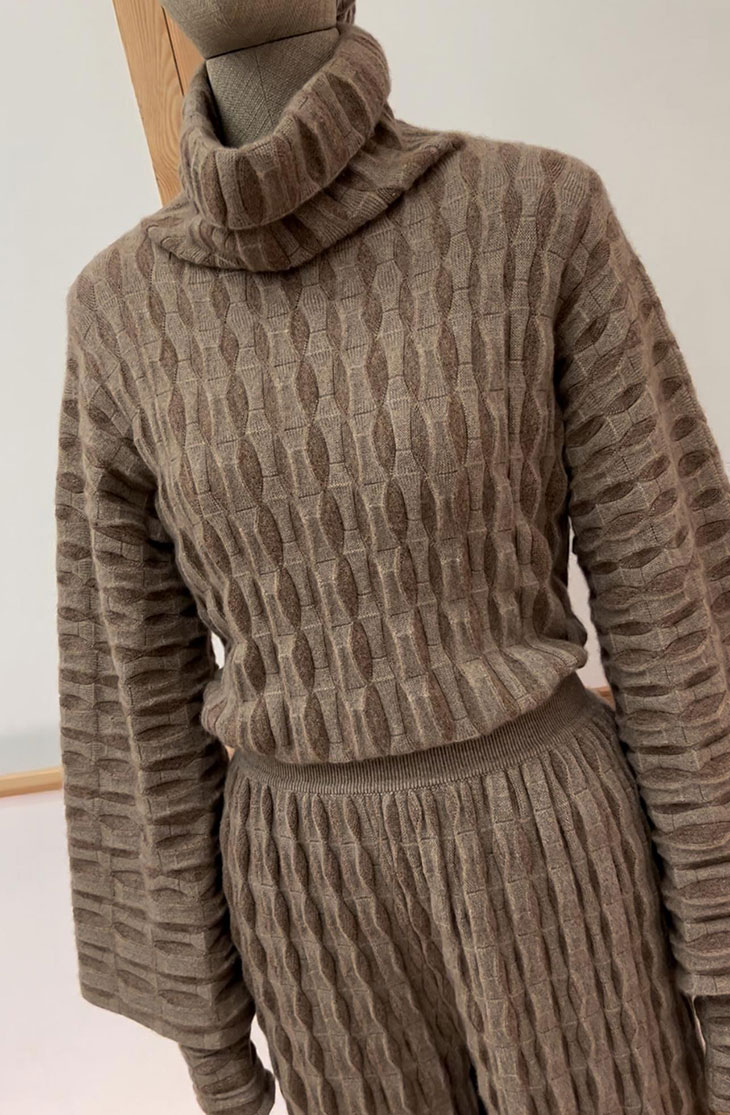
In the remote Peruvian Andes, the Indigenous community’s traditional practice of herding and shearing wild vicuñas, creatures known for producing the world’s most exquisite wool, starkly contrasts with the luxury items their efforts support. Last month, Bloomberg reported a revealing insight into the dynamics between the fashion giant Loro Piana, owned by LVMH Moët Hennessy Louis Vuitton SE, and the Indigenous people of Lucanas, who have been providing this precious wool for thirty years.
At the heart of this issue is the vicuña wool trade, where Indigenous communities like Lucanas are engaged in the painstaking process of herding, capturing, and shearing vicuñas for their prized wool. This wool then finds its way into Loro Piana’s luxury boutiques, transformed into garments retailing for thousands of dollars. The disparity between the retail price of these luxury items and the compensation received by the communities providing the raw materials is staggering. For a $9,000 sweater, the community of Lucanas receives about $280 for an equivalent amount of fiber, a fraction that starkly highlights the disproportionate value chain in the luxury fashion industry.
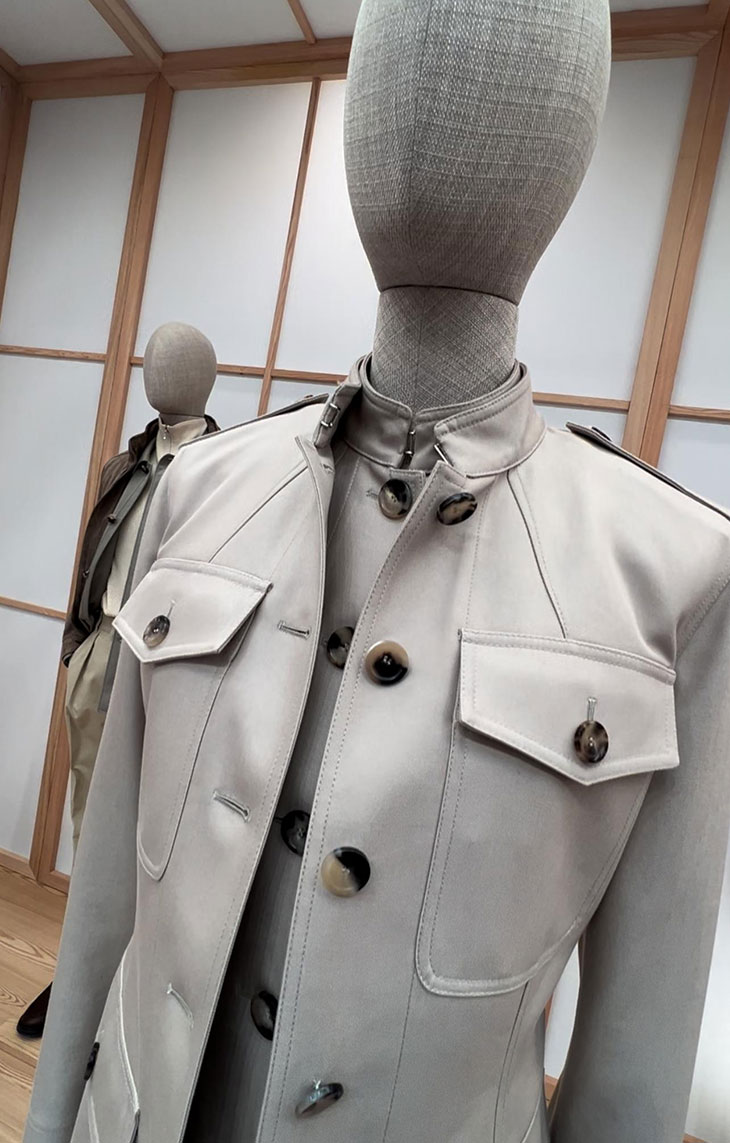
Moreover, the situation in Lucanas is not an isolated incident but rather a reflection of a global trend where luxury brands continuously fail to redistribute their considerable profits fairly. This economic disparity raises critical questions about the ethical responsibilities of luxury fashion houses. While these brands often tout commitments to sustainability and ethical sourcing, the reality for the producers at the start of the supply chain tells a different story. The practices of these fashion giants do little to uplift the communities they depend on, leaving them in a state of financial precarity and neglect.
Adding to the complexity of the situation, a study led by Omar Siguas, a researcher at Peru’s National University of Huancavelica, starkly highlights the inefficacy of the vicuña wool trade in alleviating poverty within these indigenous communities. “The vicuña has not helped any community escape poverty,” Siguas states for Bloomberg, underscoring a grim reality that contrasts sharply with the luxurious image projected by the end products. This assertion paints a sobering picture of the economic impact of vicuña wool trade on the local communities that are integral to its procurement.
In response to these criticisms, Loro Piana offers a contrasting viewpoint. The company asserts its dedication to ethical and responsible business practices since its ventures began in Peru during the 1980s. According to Loro Piana, their operations serve as crucial economic support for the local communities, aiming to protect and enhance the demand and value of vicuña fiber, independent of fluctuating market dynamics.
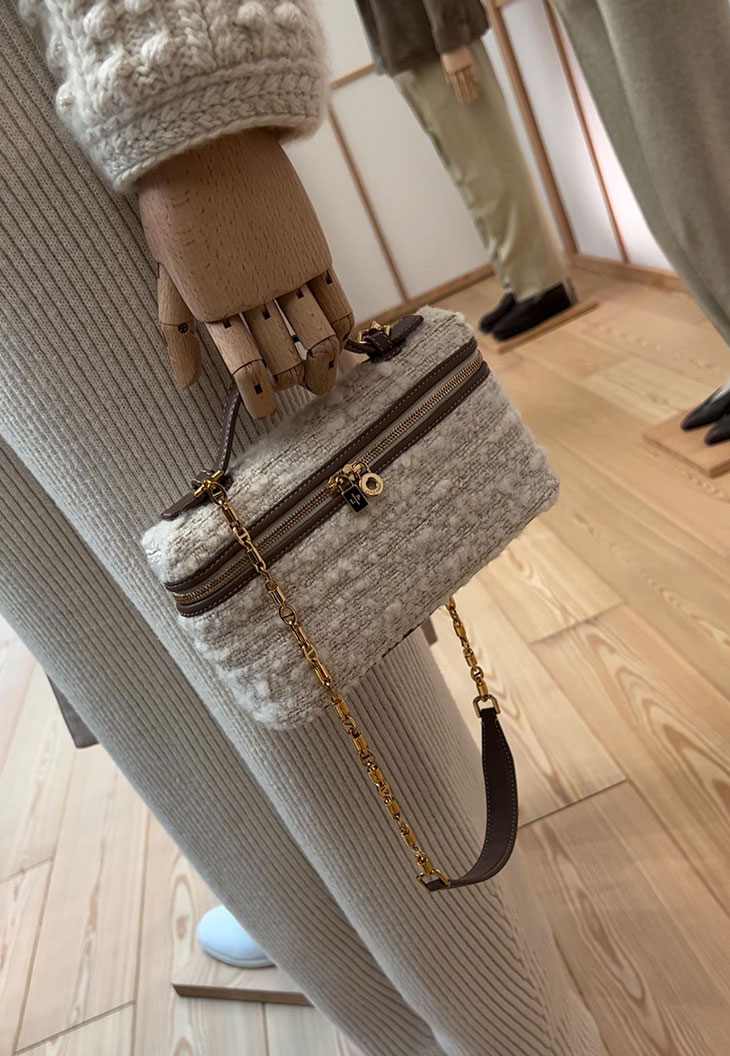
This imbalance extends beyond the trade in vicuña wool. Last year, after a PETA supporter documented the sale of fox fur–trimmed jackets in a Loro Piana store, which seemed to contravene California’s state-wide fur ban, PETA urged for an investigation. This ban, strongly supported by PETA and its advocates, prohibits the sale and production of new fur products. The controversy highlights Loro Piana’s broader practices, as they, along with parent company LVMH, continue to face scrutiny for their use of fur and reptile skins in their luxury products.
The luxury fashion industry’s reliance on such practices not only perpetuates economic injustice but also contributes to environmental degradation and animal cruelty. It’s a cycle fueled by consumer demand for exclusivity and status, often at the expense of ethical considerations. As the industry moves forward, there’s an urgent need for a paradigm shift towards genuinely sustainable and equitable practices that value the contributions of all stakeholders, particularly those laboring at the foundation of the supply chain.
The story of Lucanas and Loro Piana is a call to action for consumers, policymakers, and the fashion industry itself to reevaluate the true cost of luxury and to commit to meaningful change. It’s time for the fashion world to move beyond superficial sustainability initiatives and engage in a more profound transformation that ensures fairness, dignity, and respect for everyone involved in the creation of luxury fashion. Only then can the industry begin to repair its tarnished reputation and build a future that’s truly fashionable for all.
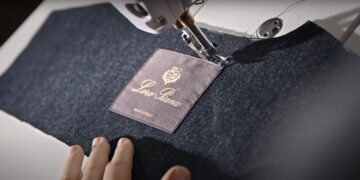













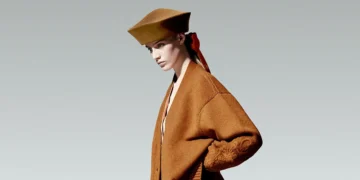
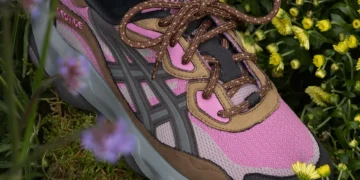
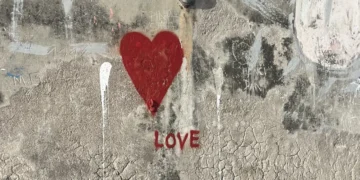



there is nothing good behind billions none of these corporations making billions have done so by benefiting their workers and this is a clear sign no matter how appreciative this bread is we are now seeing a real slavery behind it shame on you Loro Piana!